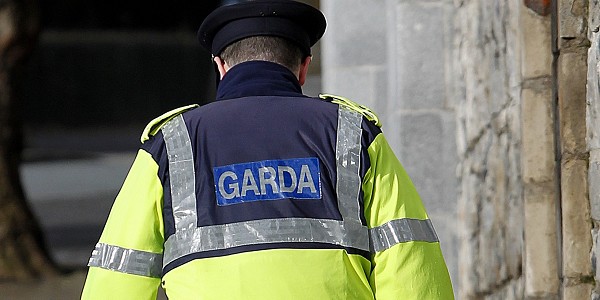Enda Kenny has vowed to create five jobs for teachers, doctors, nurses, gardai and other frontline workers every day for the next five years.
Breaking down his Fine Gael party’s promise to boost key public staff by more than 10,000 if returned to power, the outgoing Taoiseach said the investment would improve lives and protect the most vulnerable.
“Our approach will combine smart investment in public services with reform so we can provide better services and produce better outcomes,” he said.
“This will mean more care in the community from nurses, doctors and therapists, and more gardai on the beat as we free up 300 gardai from desk work, as well as 600 new garda recruits a year.”
He has pledged 3,224 more teachers, 2,800 extra nurses, an additional 1,800 gardai and another 1,000 health and social care professionals over the next term of government.
The proposal would also see 600 more consultants, doctors and dentists taken on by the Health Service Executive (HSE), 500 more social workers and 259 extra speech and language therapists and psychologists by 2021.
But he said his party would keep spending increases to 1% less than the economic growth rate “to ensure there is no boom and bust approach to investing in public services.”
Also kicking off the second week of the general election campaign, Fianna Fail said it had “learned the lessons of the past” and would prioritise public services over tax cuts. Michael McGrath, the party’s finance spokesman, said its key tax pledge was to scrap the Universal Social Charge (USC) on pay up to 80,000 euro.
“We will also guarantee equal treatment for the self-employed in the tax system and increase the Home Carers Tax Credit to 2,000 euro,” he added. “To protect the public finances over the years ahead we will establish a Rainy Day Fund with any unexpected proceeds from corporation tax.
“Strict rules will apply as to the circumstances in which funds can be drawn down.” The party suggested a 2.7 billion euro spending package over five years on social housing, broadband and research in third level institutions.
Labour leader Joan Burton also vowed to axe the USC for low and middle-income earners.
“We will abolish USC on the first 72,000 euro of individual income,” she said.
“At the same time, we will reduce PRSI for the lowest-paid workers and we’ll freeze the gains through a claw-back mechanism for the very highest earners.
The outgoing Tanaiste claimed her proposals would see a worker on 25,000 euro benefiting by 44 euro a month, a worker on 50,000 euro by 26 euro a month, while those earning more than 120,000 would not be any better off.
“Over the five-year lifetime of our plan, the taxes of that same worker on 25,000 euro will be reduced by a third – or more than 1,100 euro a year,” she said.
“But someone earning 120,000 euro or more will continue to pay the same taxes as they do now.”
Sinn Fein said it would abolish the Local Property Tax, end water charges and take a further 277,000 workers out of the USC if elected to government.
Pearse Doherty, party finance spokesman, said Fine Gael’s plan to abolish outright the USC is “unfair and reckless”.
“The move benefits the better off a lot more than someone on an average wage and will mean that some high earners will be more than 10,000 euro better off while someone who earns 18,000 euro a year will be about 100 euro a year better off,” he said.
“It also involves taking the equivalent of the entire health and education budgets out of the tax system over five years.”
